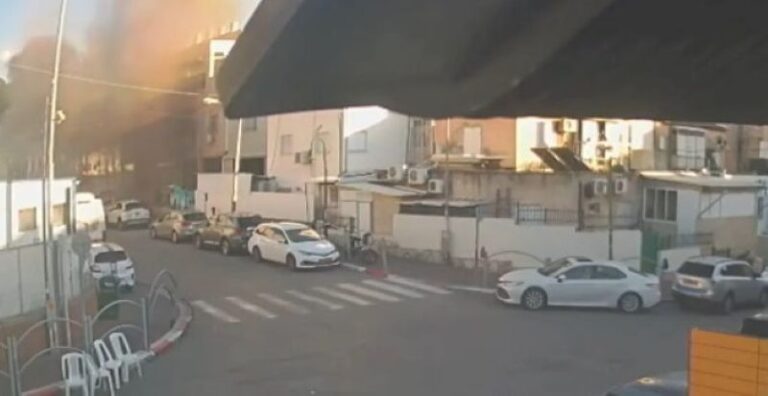If one were to stop and ponder their surroundings for a moment they would notice that life takes place on a huge battlefield. Every day, every hour, every moment brings another struggle with the yetzer hara as he is constantly finding ways to distract us and to get us not to concentrate on what we should be doing.
It is a bit ironic that if one looks throughout the entire Tanach there is never a reference to the yetzer hara. The Torah doesn’t mention it, allude to it or offer any suggestions as how to deal with him. The question is why? Isn’t that what we are all on this world to combat?
However, we do find one idea that perhaps alludes to this concept. A few times throughout the Torah it is mentioned that we traveled through other nations and that we were exposed to their cultures and ideologies. We see one such example this week’s parsha where the pasuk tells us, ‘you saw their abominations and their nauseating idols [of] wood and stone, etc. Perhaps there is among you a man, woman, family, or tribe, whose heart strays this day from Hashem, our God, to go and worship the divinity of those nations. Perhaps there is among you a root that produces hemlock and wormwood.’ (29; 16, 17)
The Torah is warning us and telling us to be careful not to be affected by what we see. The Torah also tells us that the reason why Hashem was entering into a new covenant with us was as a rededication to Him because we were exposed to the ways of goyim.
Says R’ Yeruchem Zt’l, the only real way to battle and defeat the yetzer hara is by being careful what we allow ourselves to be exposed to. The yetzer hara is a product of what we think about and what we expose ourselves to. What one is exposed to is what we must battle. The more sheltered one is, the less their battle will be. For a person to work on this method as a defense mechanism towards the yetzer hara one has to be careful what they expose themselves to.
My Rebbi wanted to add the following thought.
In parshas Ki Seitzei we read about the parsha of a yifas toar, a female war captive. Jews who went to battle were primarily righteous people. If one found a female captive and wished to convert her and marry her, the Torah permitted this marriage if certain procedures are followed. The Torah tells us that since they were not going to be able to control themselves, rather than do something b’issur, they were given a permissible way to go about it. This seems extremely bizarre. We never find somewhere where Torah gives us a permissible route to do something that’s forbidden. Why did the Torah do it here?
Ohr Hachaim Hakadosh says that a person has the strength to overcome every aveira in the Torah. If you were to put a person in a room on Shabbos close to a light switch and place his hand right above it, he won’t turn it on. We have within ourselves the ability to control our desire. However, there is one challenge we don’t have the ability to overcome and that is the issur of arayos. As humans we do not contain the power to overcome the temptation and desire for it. So what can the Torah expect from us?
Says the Ohr Hachaim, the only way to overcome that is to watch what we look at and watch what we think about. Someone who doesn’t watch what they’re exposed to won’t be able to control themselves.
Here we are addressing these ‘soldiers’ to go out to war for us and we are exposing them and putting them in a situation where they won’t be able to control themselves. Granted that the best way to control one’s self is with less exposure-as less exposure is less tayvoh-but in a situation where we are putting these righteous people on the front lines for klal Yisroel, the only way to allow them to fight their desires was to form a proper channel for them to proceed and marry these captives in a permissible way. We had to give them a heter.
Rosh Hashana is in a few days. At this time we beg Hashem for another year of life, health and prosperity. There are so many challenges out there and we each have our own daily battles to fight. Keep in mind that the only way to make these battles easier and disappear is by being careful what we expose ourselves and our children to. By keeping a small shield in place it can ensure that our days are easier and more peaceful allowing us to focus entirely on our avodas Hashem.










